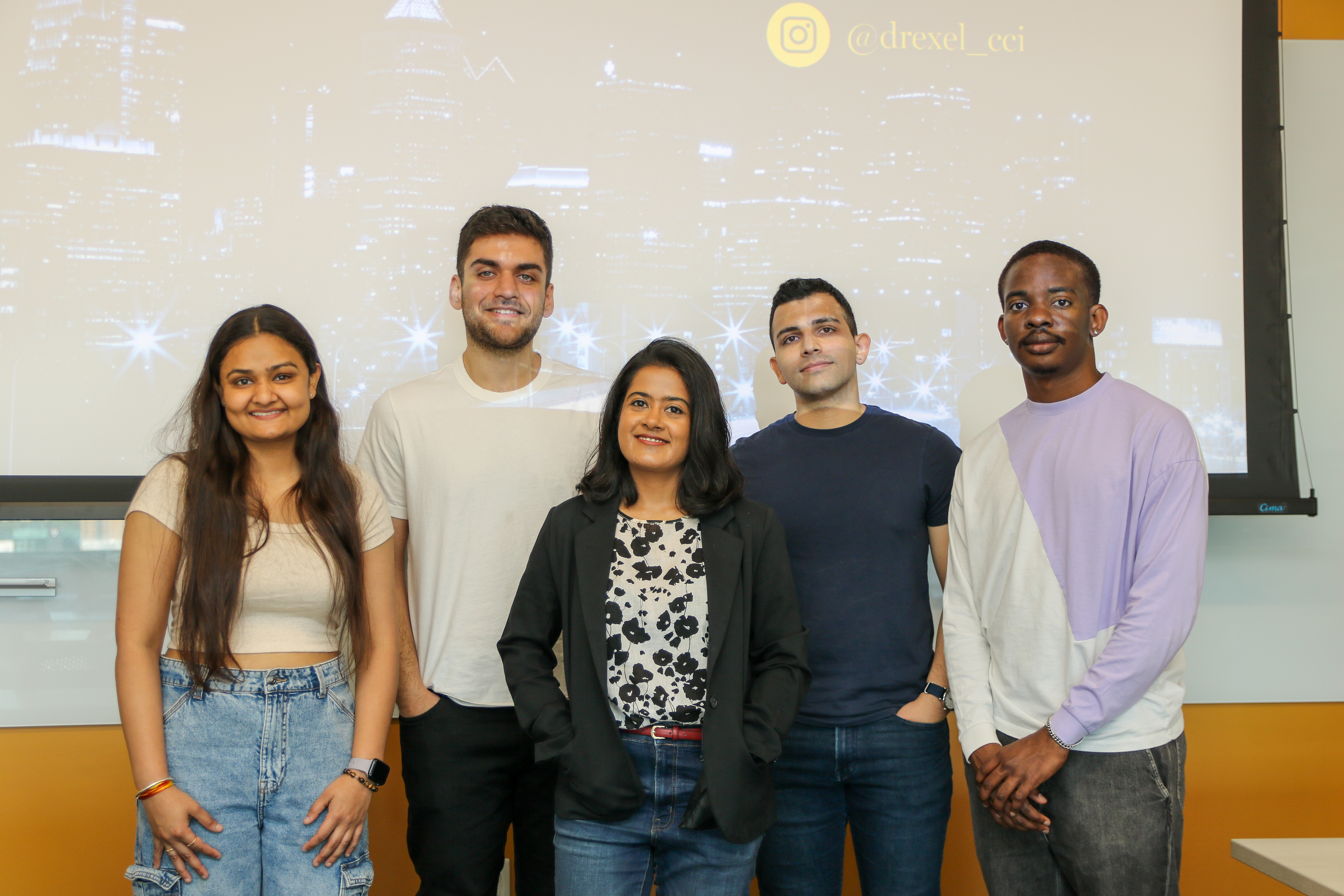Preetha Chatterjee
Office: 3675 Market Street, Office 1160, Philadelphia, PA 19104
Email: preetha[dot]chatterjee[at]drexel[dot]edu
I am an Assistant Professor in the Department of Computer Science at Drexel University, where I lead the SOftware Engineering and Analytics Research (SOAR) Lab. My research focuses on Software Engineering (SE), with an emphasis on developing tools, knowledge sources, and strategies to support software maintenance and improve developer productivity. I incorporate evidence from mining software repositories, conducting empirical studies, and adapting state-of-the-art techniques from the fields of Natural Language Processing and Machine Learning to solve problems in Software Engineering. Through my research, I intend to enable advances in areas including LLM-assisted software development and maintenance, developer collaboration in distributed software teams, and knowledge extraction from large-scale software artifacts. Before joining Drexel University, I graduated with my M.S. and Ph.D. in Computer Science from the University of Delaware, advised by Dr. Lori Pollock. Prior to that, I worked in the industry as a Software Engineer for 5+ years.
- My research has been published in top-tier SE conferences (ICSE, FSE, ASE, MSR) and journals (EMSE, TOSEM, JSS). [List of publications]
- I teach courses primarily in Software Analytics and Software Engineering at the undergraduate and graduate levels. [List of courses]
- I serve on multiple SE conference committees and journal editorial boards. I co-lead the Drexel Programming Systems Seminar. [List of roles]
I am currently NOT hiring PhD students. However, MS or undergraduate students at Drexel interested in working with me are encouraged to reach out via email [Instructions here].
Latest News!
Media/Blog Coverage
